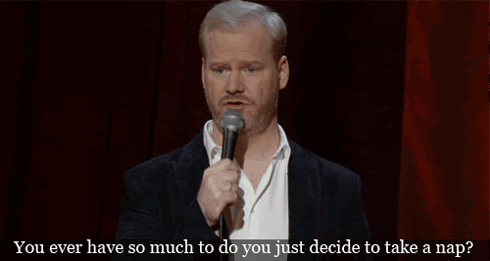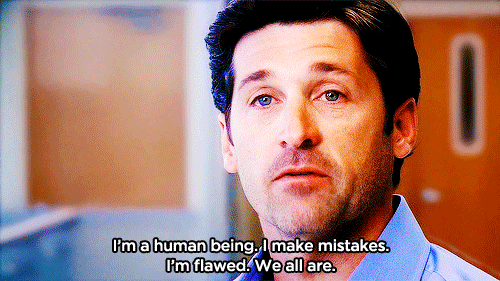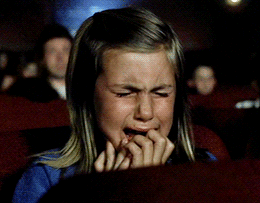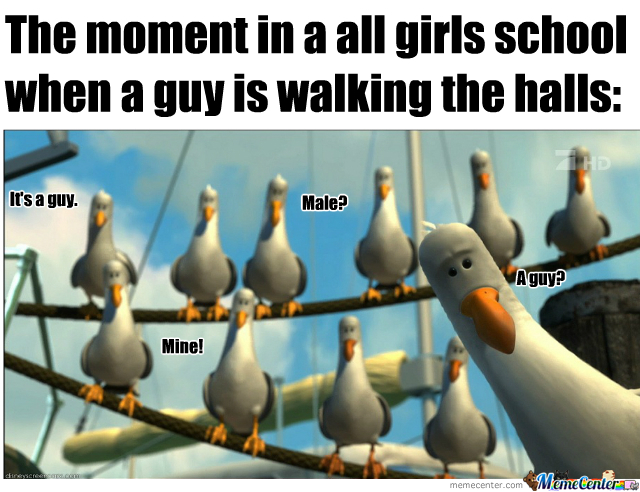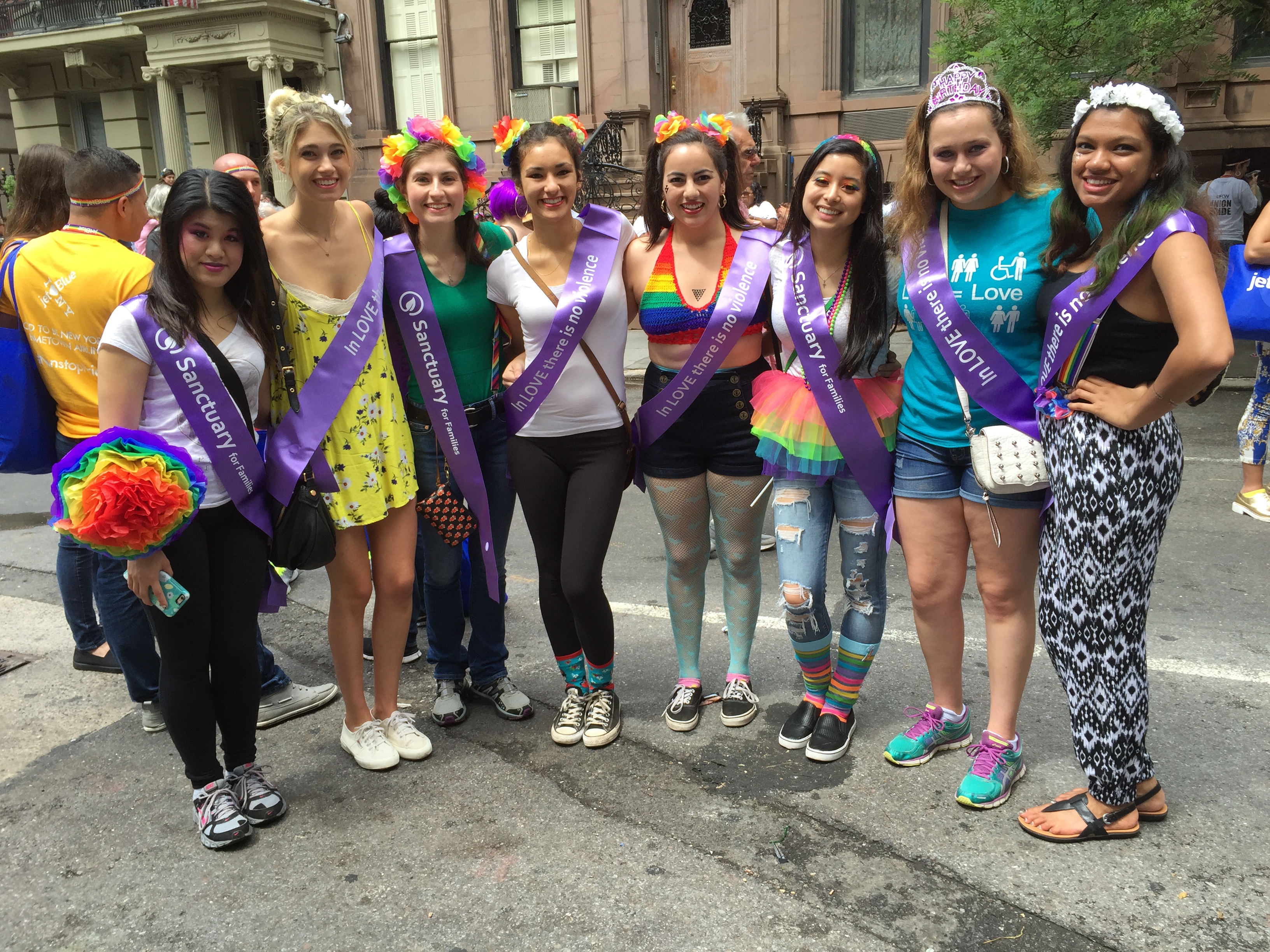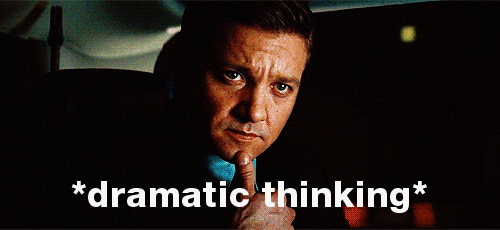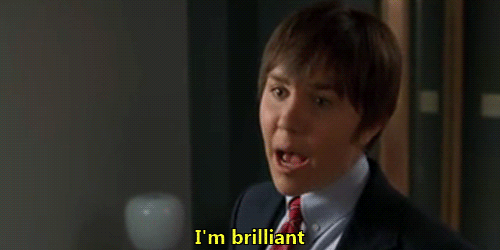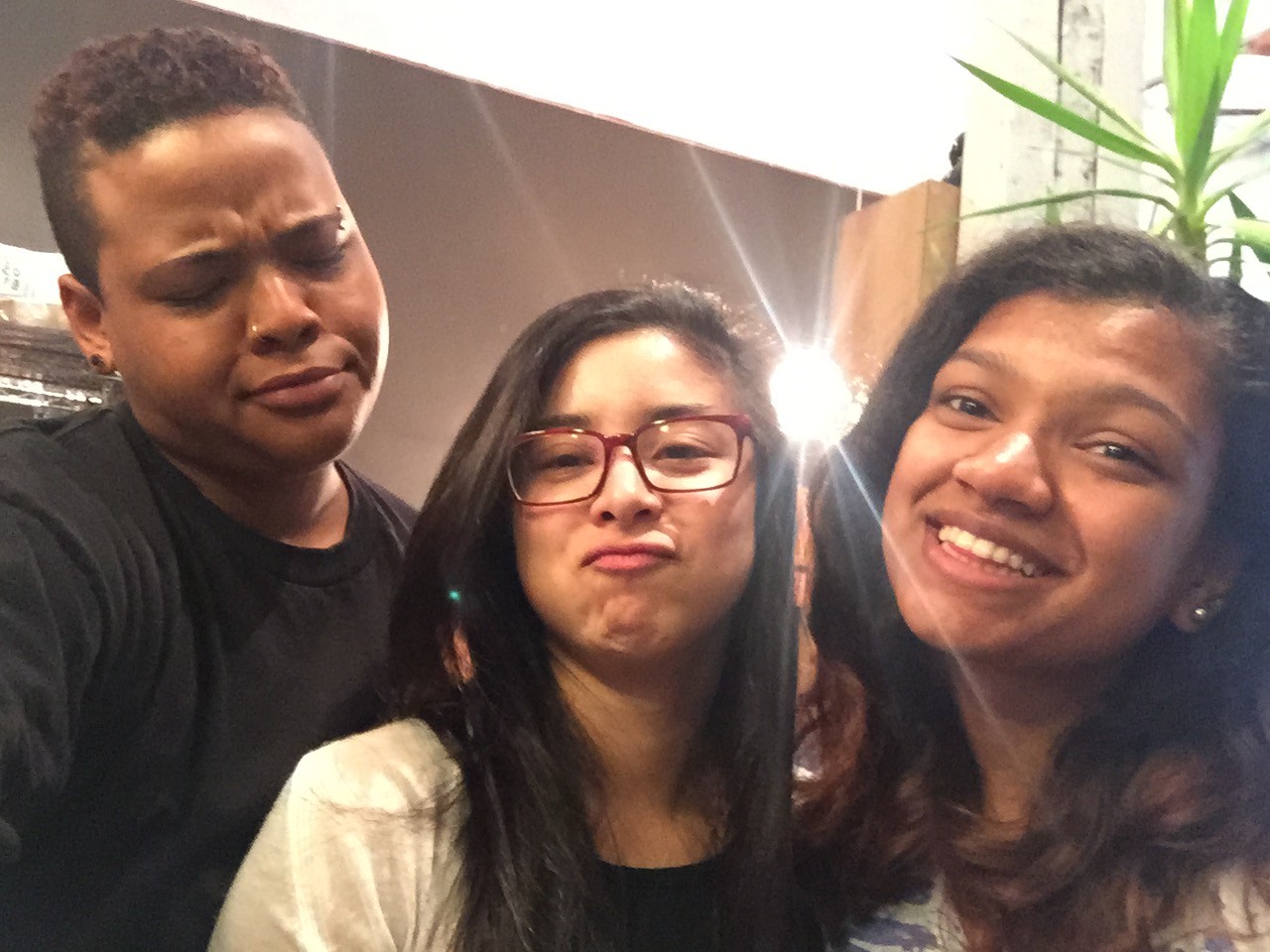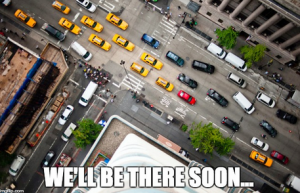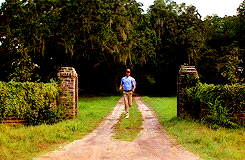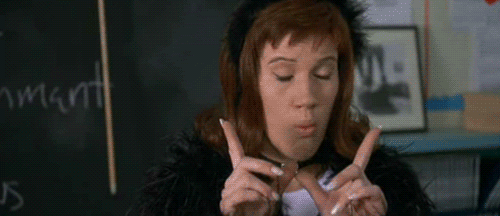People. People are complicated. People value things differently. People feel responsibility in different areas. People have different priorities. People can be disappointing. Not only has my work challenged me as a community organizer, but in my everyday relationships with people. As a community organizer, I have recognized an inherent flakiness in people. We are conditioned to leave a little room for possibility in order to be polite, even if we know we can’t fully commit. We can agree to something and see its importance, but that doesn’t mean we’re going to do anything on an individual level for the cause. That’s okay because we can’t fight for every single cause we see as important. Stretching oneself too thin is all too real, especially at a university like Duke. 
Along with learning the importance of the type of work I want to do with my life to be more than just satisfied, I have been evaluating the types of people that I want to surround myself with. I am an extrovert and I tend to feed off the energy of other people. I am a very happy person in general and I am even more happy when the people around me are in a positive mood. My colleagues are so supportive and passionate that my workplace experience has been incredibly fun. I can work daily on street harassment and the beginnings of gendered violence while debriefing with the people in my organization and then discussing the pros and cons of the TV shows that we all watch. There is always a light at the end of the tunnel while at work because it’s about recognizing the obstacles but pushing them to the breaking points. A major thing that I have learned this summer is that I can’t force people to show up or follow through with things they aren’t fully committed to, and that’s okay. This type of work relies on the word of the community, and sometimes the values, responsibilities, and priorities do not match up. It’s a hard feeling to deal with because I don’t want to be a hypocrite considering there are countless events, programs, and meetings that I have RSVP’d to and not shown up and kept my word. A lot of the time, I would look at or listen to the description and think, “oh that sounds pretty cool,” but that’s where my attention ended. We live in a world of hierarchies and that applies to what we give our attention to.
People are flawed, depending on the lens you’re looking through. However, my summer hasn’t been just about recognizing their flaws, but about recognizing their passions. Everyday I go to work with people who are so dedicated to what they are doing. And they all want to work themselves out of a job, an interesting concept that a lot of people may not understand. I’m starting to learn what is it is to make a commitment when you have a real life, a profession, a family. You have to have an abundant amount of passion and energy to work in this field and you have to have a fraction of that to participate in the campaigns. I appreciate the exposure to reality and at the same time to people who whole heartedly dedicate their lives to making a change at the community level. This recognition is helping me figure out how I want to be my best self and what that will entail in the future, because it won’t be without its own flaws.

